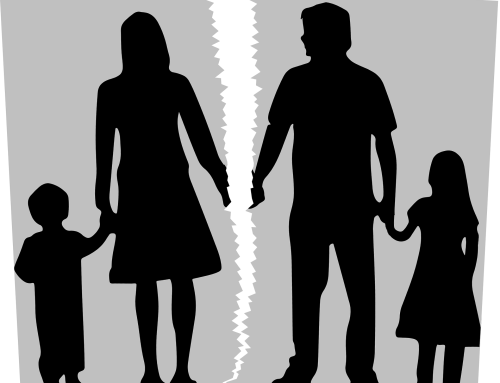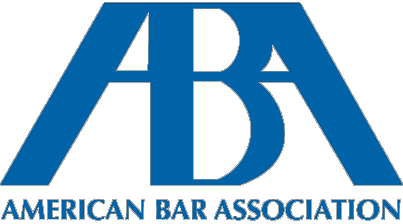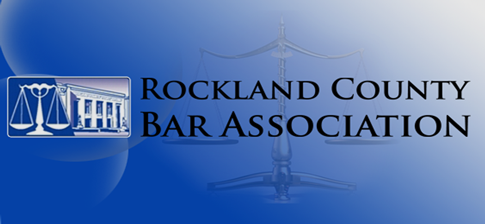Collaborative divorce is a voluntary alternative dispute resolution process which, when done correctly and hopefully leads to a successful conclusion, avoids the need for anyone to go to court and to have a judge decide the issues in a particular divorce. How it works is each party retains an attorney who has been trained in collaborative law. We try to resolve the matter by a series of four-way meetings at an office conference room, such as this, one attorney or my office. We serve food, coffee. We try to make the atmosphere very inviting, congenial, and to promote harmony between the people as much as possible. We know they’re getting divorced.
At the beginning of the process, the parties and the attorneys execute what we call a participation agreement. In this agreement, the parties agree to provide full and fair disclosure, to treat each other with respect and the attorneys as well to treat each other with respect. We try to make the process non-adversarial as opposed to litigation, which we all know can be very contentious.
One thing, though, in the participation agreement that clients must understand is if for any reason the process falls apart, one party wants to leave, one of the attorneys feels the process is no longer working, the parties can remove themselves from the process. However, the attorneys can no longer represent the parties in litigation. It’s an incentive for the parties to stay with the process to its conclusion.
People always ask about the cost of it. I find in my practice, collaborative law is less expensive than traditional litigation because all of the time and money is actually spent negotiating and reaching, hopefully, a resolution of the issues that would allow the case to settle.
If you require experienced legal representation for divorce and family law matters, contact the Law Offices of Mark S. Paige, P.C. today to schedule a consultation.










